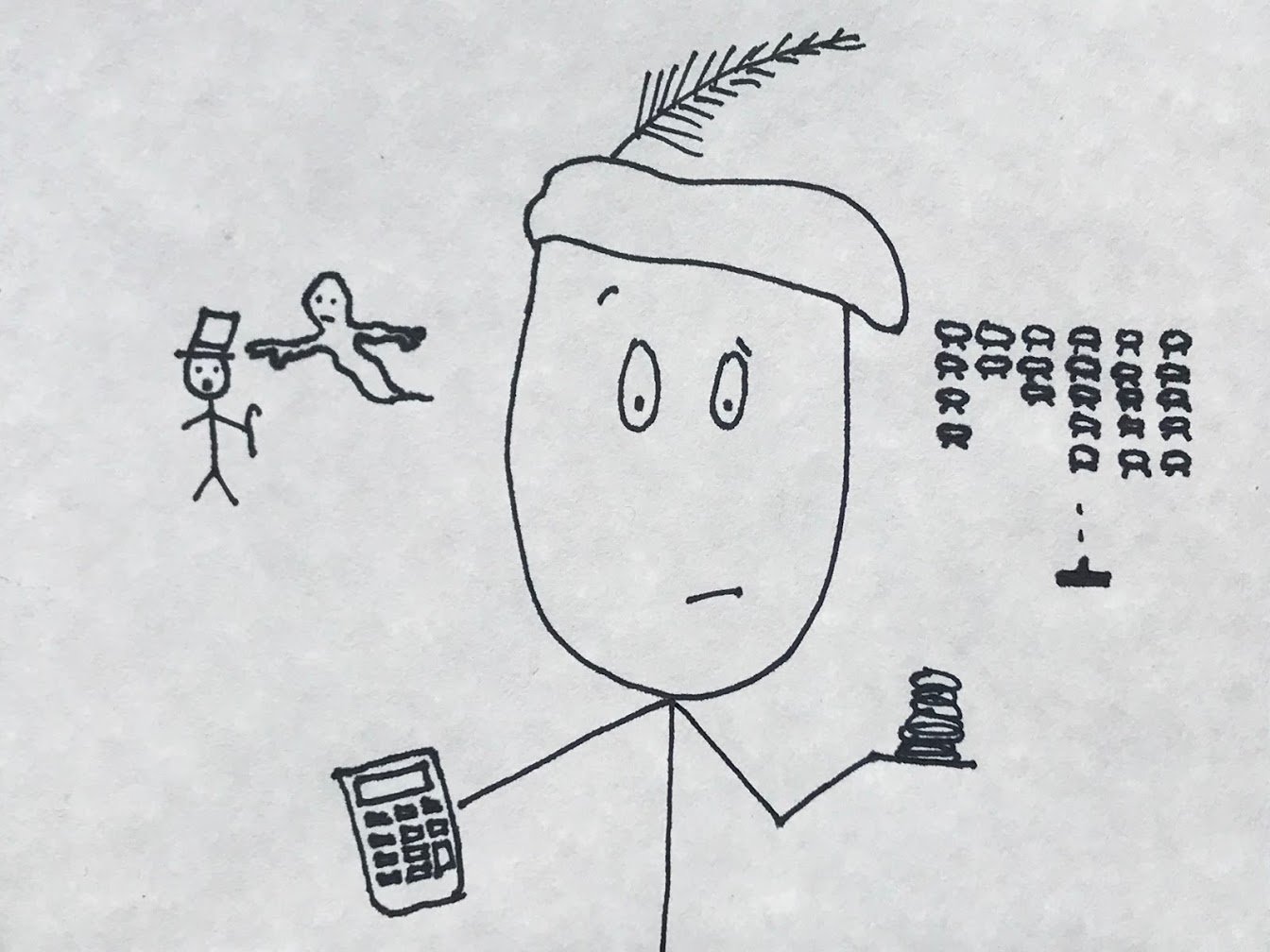In addition to the core functions (receivables, payables, reporting, tax), here are three ways finance can add strategic value.
1: Translating Inputs To Outputs
2: Highlighting Risk & Uncertainty
3: Offering Tradeoffs
Get The Friday Art & Work Newsletter:
The full AMZN Fall Series here: charleskunken.com/season2
1: Translating Inputs To Outputs
An input is a component of production (such as land, labor, or raw materials) [Merriam-Webster].
They are the factors that a business operator controls either in the short- or long-term, for example, rates negotiated on raw material or the desired product specs, like shipping speed.
Outputs are financial results (most importantly long term cash flows).
Finance explains the impact that input decisions have on outputs. That’s what financial models are for.
A good model demonstrates which inputs have the greatest impact on financial outcomes so that operators know where to focus their energy.
Finance can influence input behavior by helping design metrics. A good metric assigns a specific goal to a future input, then it measures the execution.
“Forecasts are always wrong but sometimes useful.”
A model shows the potential outcome under a given set of assumptions. The outputs must be accompanied by the story of the inputs.
2: Highlighting Risk & Uncertainty
Finance also raises objective questions around the probability of any future assumption. They help challenge:
(1) the likelihood that the inputs can be executed as planned.
(2) the likelihood that said inputs will produce the expected results.
Finance helps by challenging where on the confidence spectrum the assumptions fall.
3: Offering Tradeoffs
When there is only X money to invest, finance helps measure if it should be used on project A or B.
Finance’s job is not just to hold the purse strings. It’s providing alternatives and helping the business make choices within the budget.
Billy Murray in ‘Scrooged’ (1988). Image: Paramount Pictures
The Ghost of Christmas Future is pretty much Scrooge’s finance partner. He advises Scrooge as to what will happen in the future if he keeps living a certain way. He’s a translator. And he changes Scrooge’s behavior :)
Have some thoughts? Feel free to drop a comment or hit me up: charlie@charleskunken.com



